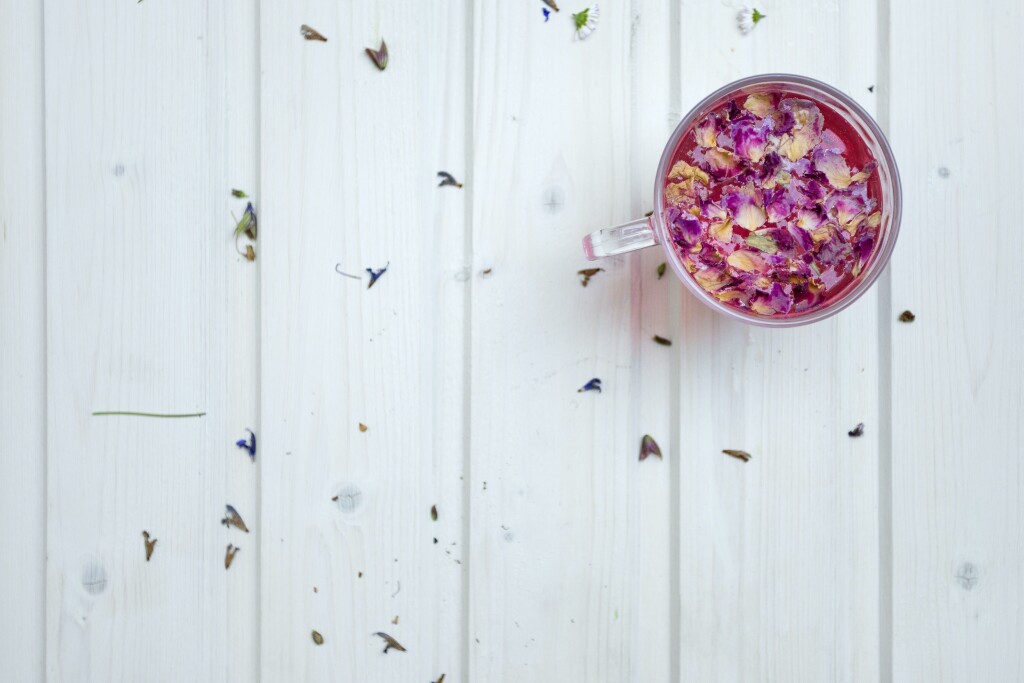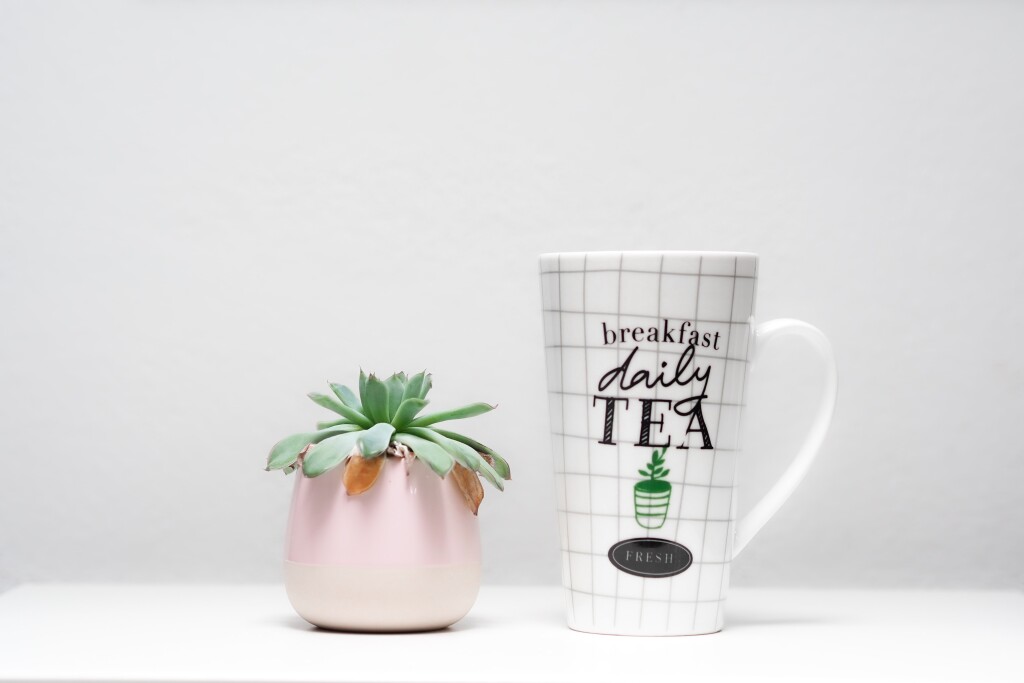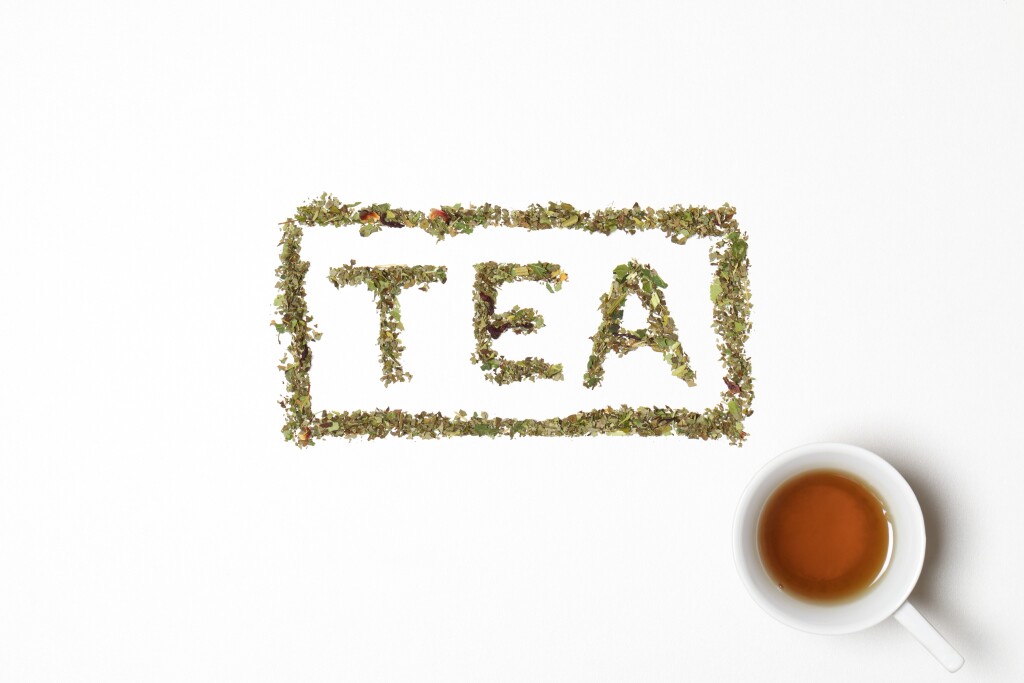
There is little more quintessentially British than a nice cup of tea. Whether you prefer black or herbal tea, hot or iced, with or without milk, the reviving brew lends itself to practically any occasion. Afternoon tea, high tea, tea and cake, cream tea, tea for two, tea & talk, tea and sympathy, tea to perk you up, to help you sleep, to refresh you or to warm you up, to celebrate and to remember fondly.
The four times Prime Minister of Britain, William Gladstone once said he was glad not to have been born before tea. And we’re inclined to agree. He was clearly very fond of a cuppa and his tea-leaf wisdom from 1865 is as relevant today as ever:
If you’re cold, tea will warm you.
If you’re too heated, it will cool you.
If you’re depressed it will cheer you.
If you’re excited it will calm you.
But it’s not just the British who love their tea. Now the most widely consumed drink in the world after water according to Wiki, the aromatic beverage unsurprisingly originated in India and China where it is still mainly grown today.
What are the benefits of herbal tea?
 https://unsplash.com/@laurachouette
https://unsplash.com/@laurachouette
Who doesn’t love a nice cup of tea? It’s a universal art that transcends age, nationality and social status. And as we move into the colder months it will be increasingly on our agendas. It’s also very interesting when you start to explore herbal tea benefits and how herbal tea can often be used as medicine! As well as helping to relieve a range of health problems, herbal tea can really help your mental wellbeing. Even if it’s simply sitting down, taking some much needed time for yourself and immersing yourself in the herbal aroma of your chosen tea.
So what’s your go-to brew? A good strong builders’ cuppa never fails to bring us joy no matter how we’re feeling here at TCW, and you may be surprised to learn that even regular black tea is packed full of antioxidants and other beneficial goodies. But we also couldn’t be without our herbal blends for their warming comfort and wellbeing benefits, and there are so many wondrous teas out there offering a whole host of natural health-boosting properties. You’ll find an array of herbal teabags in the supermarkets nowadays. Or, even better, make your own with herbs and plants freshly picked from the garden.
Which herbal tea is best?
https://unsplash.com/@non_creation
Well, that really depends on your own personal taste buds, and the things you want the ingredients to help with – whether it’s relaxation, waking up your mind or giving you more energy. It’s certainly hard for us to choose our personal favourite. That’s why we’ve picked out some of the most popular varieties so that you can read about their benefits and make your own mind up!
Here are nine of our favourite herbal teas that help support mental health and wellbeing:
Lavender Tea
Well known for its sleep inducing properties, this deliciously aromatic plant is an all-round miracle worker. One 2010 study found that lavender may be as effective as some clinical drugs in relieving generalised anxiety disorder. A natural mood stabiliser that also helps to calm and clear the mind, lavender makes the perfect tea for those who suffer with both depression and anxiety.
Nettle Tea
Did you know that the common stinging nettle can be used to make a quick and nutrition packed herbal tea? Naturally antioxidant with some anti inflammatory properties, nettles have been used in herbal remedies as a gentle diuretic and to treat aches and pains since Ancient Egyptian times. But nettle tea can also help to clear brain fog, give you a blood-sugar-regulating energy boost and improve mental clarity, making it a great herbal tea for when you are feeling run down, depressed or mentally fatigued. Just remember to wear gloves if you are picking fresh nettles. And please check with your doctor before consuming nettle tea if you are pregnant, diabetic or taking any medications.
Chamomile Tea
With its natural mild sedative properties, chamomile tea has been used for centuries to help us relax and unwind. But now recent research has shown chamomile’s effectiveness specifically for anxiety and depression. By calming your digestion and the mind, this wonderfully soothing herbal tea gets to work on both the symptoms and potential triggers of stress and anxiety, helping to interrupt the cycle of anxious days and restless nights.
Green Tea
Feeling burnt out? Incredibly rich in antioxidants, green tea will give you a refreshing energy lift without potentially worsening anxiety unlike the massive caffeine hit and crash that you can experience with coffee. The naturally occurring theanine in green tea helps to increase levels of serotonin and dopamine in the brain, not only making you feel happier but also calming your body’s response to stress. Please note that drinking green tea is currently not recommended if you are pregnant, however.
Ginger Tea
Made simply by pouring hot water over freshly chopped ginger, when it comes to physical wellbeing this natural infusion is great for everything from cold relief to aiding digestion. But did you know that ginger also makes a great herbal tea to relax your mind and body at any time of the day, boost your energy levels and warm you with its fiery flavour? Quite the all-rounder.
Lemongrass Tea
If the delicate aroma alone is not enough to soothe your soul, lemongrass tea also supports the nervous system to help relieve tension and anxiety. Used in South America for many years for its natural sedative properties, lemongrass tea helps to promote relaxation and deep, restful sleep. The aroma is also thought to be spiritually cleansing and was historically used to help clear the mind and aid memory function.
Saffron Tea
Literally worth more than its weight in gold, studies have shown that saffron can be as effective in treating depression as some of the most common clinical drugs due to its effects on serotonin levels. The golden spice we often associate more with cooking can also help prevent those mood swings that come with PMS. (Another one to avoid if you are pregnant, though. Sorry ladies.)
Peppermint Tea
Very often the go-to herb for digestive health, peppermint tea can also support our emotional wellness. A 2018 study found that peppermint could help reduce mental fatigue, boost energy levels and improve our cognitive functioning. The natural menthol in peppermint is a known muscle relaxant that helps to relieve the symptoms of mental stress, tension and anxiety, including muscular pains, digestive upset and migraines.
Masala Chai Tea
Made with regular milk, or your preferred dairy free alternative, masala chai – also known as chai tea or chai latte – is a comforting, creamy spiced black tea infusion that originates from India. Traditionally used as a remedy for minor ailments, there is no strict recipe for masala chai but most include cinnamon, ginger, turmeric, cardamom, star anise and cloves – with each aromat boasting its own unique health benefits. Cardamom, for example, is known for its antidepressant properties, while other spices are rich in antioxidants and anti inflammatories for improved general health. Check out Shalini’s story over on mind.org.uk about how mindfulness and the art of tea has helped her depression, and discover her authentic masala chai recipe to make your own.
Along with all the many natural health benefits of tea itself, the ritual of brewing it can be an exercise in mindfulness, while the social context in which we enjoy our brew is also generally accompanied by taking the time to pause, reflect and revive. No wonder it’s our answer to practically anything!
But whichever tea you’ve got in your cup right now, there is one thing for certain: tea has been around for many centuries for a good reason, and is bound to be around for centuries more.
So just sit back and relax, take your time and let that cuppa work its magic…
Article by Hannah Cook.
Main photo by Neven Krcmarek

